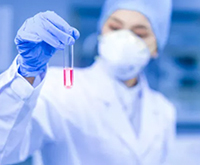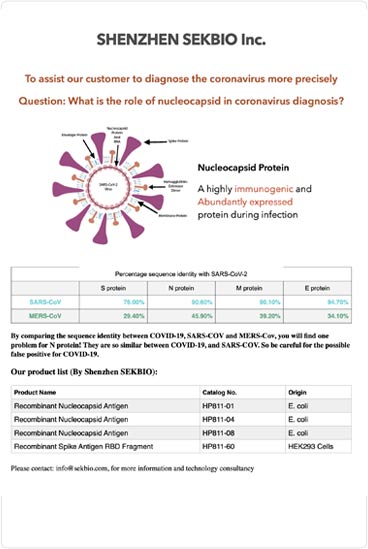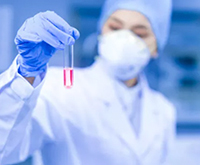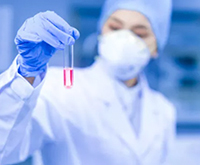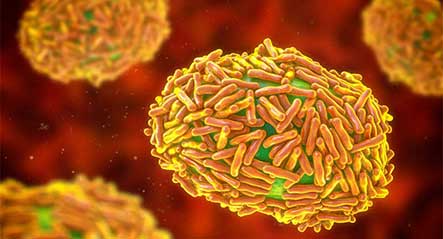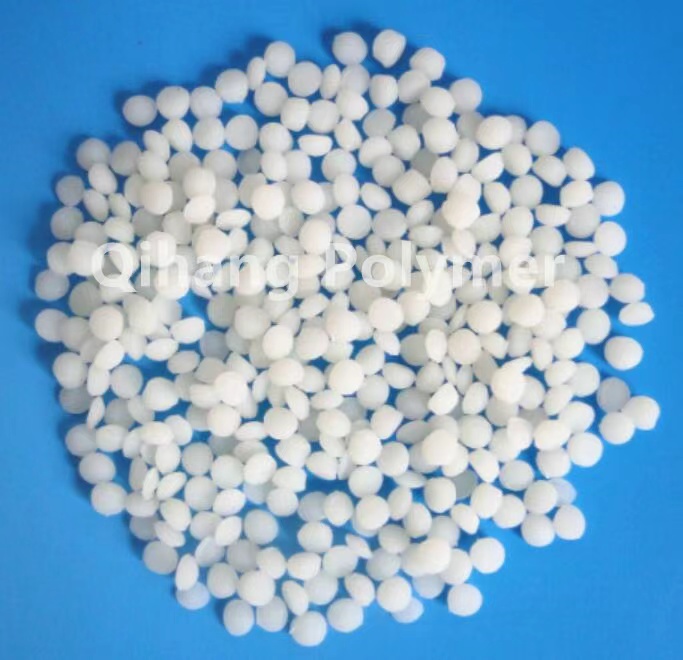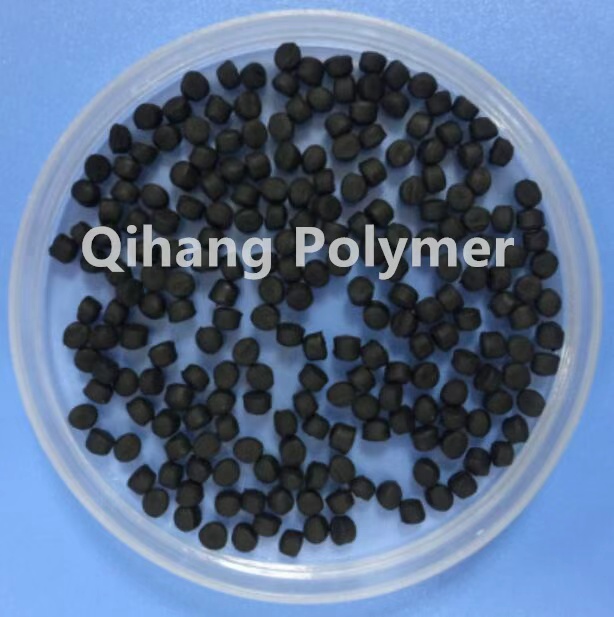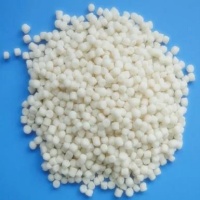Human Progastrin-releasing Peptide (ProGRP)
ProGRPtumormarkeris a recently identified biomarker of small cell lung cancer (SCLC). ProGRPtumor marker is a precursor of a neuropeptide hormone called a gastrin-releasing peptide (GRP), and SCLC cells frequently produce it.
Circulating proGRP levels serve as a reliable marker in patients with SCLC and are the most sensitive marker for discriminating SCLC 16 from benign lung diseases.
ProGRPmarkeris rarely elevating in patients with other malignancies or mild conditions except in patients with renal insufficiency, neuroendocrine tumors of the lung, and medullary carcinoma of the thyroid.
SEKBIOis now offering Mouse anti-human ProGRP mAb, Humanized anti-human ProGRP mAb, and Recombinant human proGRP 31-98 fragment (Prokaryotic expression).
ProGRP Tumor Marker Intro
The progastrin-releasing peptide is a novel small-cell lung cancer marker. PRO GRPtumor marker is a brain-gut hormone. Like a small cell lung cancer marker, PRO GRPmarker has the following characteristics: 1. It has very high specificity for small cell lung cancer; 2. It has a higher positive rate in earlier cases; 3. The blood concentration of healthy people and patients is very different, so Detection reliability is increased.
ProGRP is a specific tumor marker for SCLC, which has advantages over other tumor markers in tumor specificity, progastrin releasing peptideamount, and organ specificity. In addition, the concentration of ProGRP in the blood is less affected by factors such as activity and diet, with slight fluctuation during the day, and hemolysis has little effect on its test results. Therefore, ProGRP is useful for monitoring SCLC patients undergoing treatment and detecting relapse cases.
ProGRP Tumor MarkerFunction
The kidney is one of the main metabolic pathways of progrp assayantibody in the body, and renal insufficiency is an important reason for increasing ProGRP levels. Therefore, the influence of renal dysfunction should be excluded when ProGRP is used to assist in the diagnosis of SCLC. When the patient's creatinine concentration was >140 μmol/L, the progrp testantibody level increased. Therefore, detecting the ProGRP concentration should check the patient's renal function at the same time to exclude the elevated ProGRP concentration caused by chronic renal disease.
For more information about tumor antigens, please feel free to contact us!
在线联系供应商
Other supplier products
| Others | The first antibody is commonly said antibody, namely can and antigen-specific binding.The second antibody can combine with an antibody, namely the ... | |
| Recombinant COVID-19 Spike 1 His Full Length Protein | Catalog #: HP811-16 Description: Recombinant Protein, research use only Molecular weight: 29KD, theoretically Want to more about ivd raw mater... | |
| Thyroid Peroxidase (TPO) | Thy peroxidase(TPO), also called thyroperoxidase or thyroid peroxidase igg, catalyzes the iodization of thyroglobulin tyrosine during the biosynthe... | |
| Thyroglobulin (Tg) | Thyroglobulin (Tg) Thyroid thyroglobulinis a 660 kDa, a dimeric glycoprotein produced by the follicular cells of the thyroid and released into the... | |
| Triiodothyronine (T3) | Triiodothyronine, also known as T3, is a thyroid hormone. It affects almost every physiological process in the body, including growth and developme... |
Same products
| Thermoplastic vulcanized rubber | 卖方: Jiangsu Qihang Polymer Technology Co.,Ltd. | We hold ISO9001, ROHSand REACH certifications, ensuring global compliance. Excellent weather res... | |
| thermoplastic elastomer tpe material 45A-50D | 卖方: Jiangsu Qihang Polymer Technology Co.,Ltd. | ||
| polyurethane thermoplastic elastomers based on carbamate copolymers (TPU) | 卖方: 854417 | Chemprene® 600系列是一类以氨基甲酸酯共聚物为基材的聚氨酯热塑性弹性体(TPU)。产品分为聚醚和聚酯两种类型,可广泛应用于汽车配件、电子组件、运动配件、密封件、鞋饰片、材料复... | |
| thermoplastic dynamic vulcanized rubber (TPV) | 卖方: 854417 | Chemprene® 900系列是EPDM/PP为基材的热塑性动态硫化橡胶(TPV),可根据不同客户的需求进行定制化服务,给客户产品的应用场景提供出最理想的解决方案 | |
| thermoplastic elastomer TPE | 卖方: 854417 | Chemprene® 800系列是SEBS/PP为基材的热塑性弹性体(TPE),可根据不同客户的需求进行定制化服务,给客户产品的应用场景提供出最理想的解决方案。 |





